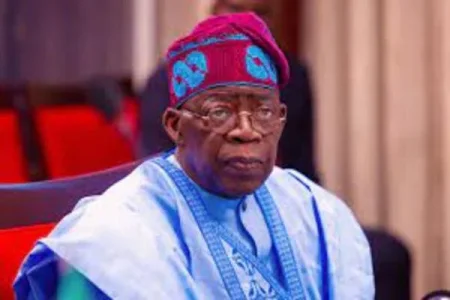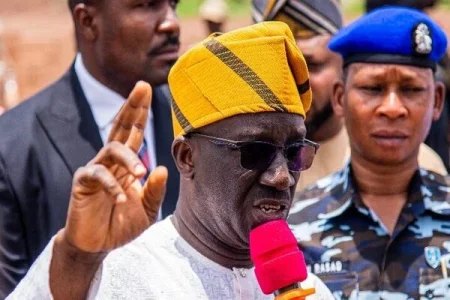
Amid Nigeria's economic struggles, the government is considering reintroducing telecom taxes to secure a $750m World Bank loan. The move sparks frustration among citizens already burdened by financial hardship. As negotiations unfold, concerns arise over the potential impact on the economy and public welfare amidst fiscal reform discussions
In pursuit of securing a substantial $750 million loan from the World Bank, the Nigerian government is contemplating the revival of previously suspended telecom taxes and other fiscal measures, according to sources familiar with the matter.
President Bola Tinubu's directive in July 2023 to suspend the five percent excise duty on telecommunications and the Import Tax Adjustment levy on certain vehicles may be reversed to meet the targets outlined in the Accelerating Resource Mobilisation Reforms (ARMOR) program, a collaborative effort between Nigeria and the World Bank.
The ARMOR program aims to strengthen the government's financial position by enhancing its capacity to manage and mobilize domestic resources effectively. Proposed reforms include reintroducing excise duties on telecom services and imposing an Electronic Money Transfer (EMT) levy on electronic transactions.
Negotiations for the World Bank loan, initially sought in 2021 but halted for unclear reasons, have resumed, underscoring the government's determination to obtain financial assistance crucial for implementing the ARMOR program's objectives.
Stakeholders across various economic sectors, including manufacturers, telecom, and banking service providers, as well as the general tax-paying public, are anticipated to be affected by the proposed reforms.
To facilitate the reforms, substantial allocations for technical assistance have been earmarked, aimed at enhancing the capacity of regulatory bodies such as the Federal Inland Revenue Service and the Nigeria Customs Service.
As the government navigates fiscal reform to ensure economic stability and growth, the outcome of negotiations with the World Bank holds profound implications for Nigeria's financial landscape.




